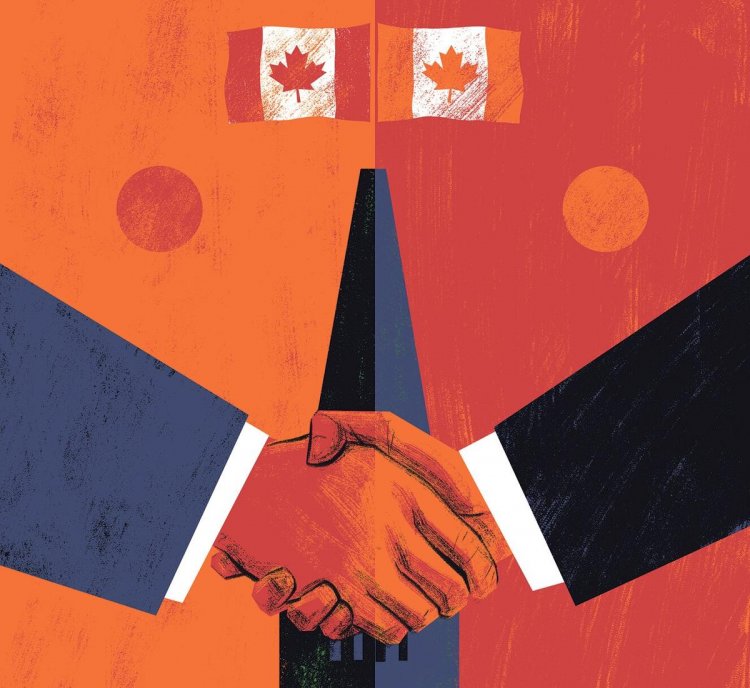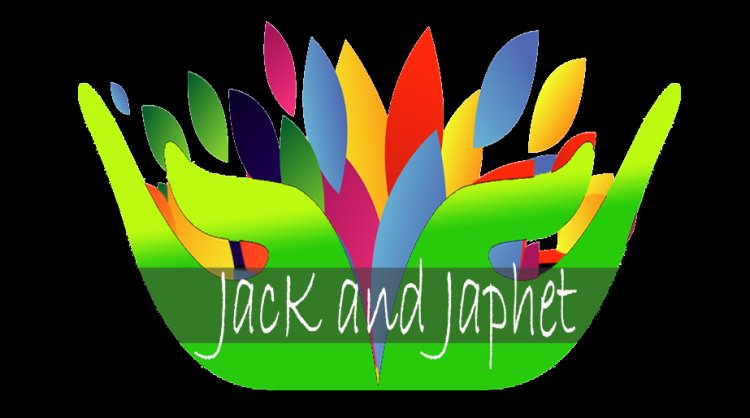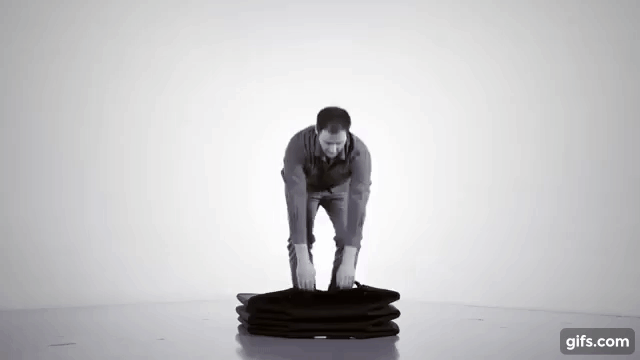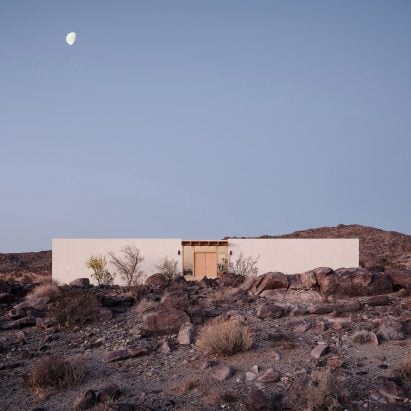The Saturday Debate: Is the NDP-Liberal agreement good for Canada?
Parliamentary manoeuvring rarely elicits shock and awe — yet Prime Minister Justin Trudeau and NDP leader Jagmeet Singh managed to do just that when they penned an unexpected confidence agreement on March 22. On the surface, this should ensure parliamentary stability until the expiry of an expected four-year parliamentary fixed term in 2025. As the details were made public, skepticism vied with optimism.The Conservatives were apoplectic. Surprised by the discrete discussions between the governing Liberals and the fourth party NDP, they exploded with accusations of underhanded tactics, wildly spreading misinformation of a formal coalition and lighting up the political sky with firework allegations of a power grab by the prime minister.Their reaction was somewhat surprising. In a Westminster-style democracy, there is nothing nefarious in a proposed arrangement between two parties. The B.C. NDP and Greens used a similar model in 2017 as did the Liberals and NDP in Ontario in 1985. In 1972, during a federal minority government, an understanding was reached between Pierre Elliott Trudeau and NDP Leader David Lewis to further common political objectives. Any leader’s responsibility is to seek power in order to achieve policy changes based on their legislative agenda. In fact, if a prime minister or premier is not attempting dialogue with others during a minority Parliament, voters and journalists would have every right to accuse them of negligence, not to mention arrogance. Why wouldn’t they try harder to find common ground? After all, the federal election was held just seven months ago.The negotiations leading to the arrangement were necessarily secret but accusations that the plan is not transparent are easy to disprove. “Delivering for Canada Now,” the nine-page readable document can be found on the website of both parties.This is not a Pollyanna arrangement. The NDP can withdraw its support at any time on confidence matters not included in the agreement. It clearly states that “the parties will not always agree.” For example, Singh has already indicated that he is not in agreement with increased military spending to 2 per cent of the GDP. Aside from co-operation and certainly, two other factors were likely under consideration during the negotiations. The first is the percentage of voting turn out — a key metric in a healthy democracy. Voter apathy can be negatively affected by hyper partisanship in politics. A minority government that is in a constant state of confrontation, rather than co-operation, will result in turning off voters — a distressing consequence as we need to solidify democracies around the world. Secondly, the context of the times affects decision making.Progressives were already horrified at the blatant disregard for the rule of law and democracy in four years of the Trump administration, which ended with its truly abhorrent attack on the Capitol on Jan. 6, 2021.The recent dreadful and disrespectful occupation of Ottawa and closures of our borders by the “freedom convoy” reminded us again that attention is showered on those who yell the loudest and honk the hardest. Right wing, populist “freedom lovers” who only wanted freedom for themselves, suddenly jeopardized Canada’s reputation as a safe and respectful country.In Ottawa, counter protesters were discouraged to meet, apparently for safety reasons. It was not hard to feel apprehension that progressive voices were being silenced.Our world is not in good physical or mental health. Anguish at Russia’s war on Ukraine grips us all. Every country is dealing with the economic and social consequences of the COVID-19 pandemic. Inflation is knocking on the door. Affordable housing is a major issue. Climate change remains a crisis. And strong men dictators are flexing their muscles.Singh and Trudeau could not help but be affected by this background. After all, both men were democratically elected with a social and economic agenda that needs implementation. Why wouldn’t they find common cause on topics that have been dominating our political culture? Issues such as reconciliation with Indigenous people, affordability of housing, access to expanded health care through pharma care, good paying jobs and a heightened access to voting?The question is not whether this agreement is a good idea. It is. The question is whether it will work.When David Lewis’s NDP pact with Pierre Trudeau’s government in 1974 disintegrated, Lewis explained that “Trudeau took the NDP for granted.” Let’s hope that history does not repeat itself.Penny Collenette is a lawyer and a former senior director in the Prime Minister’s Office for Jean Chrétien.While we should encourage politicians to work together, the agreement between the federal NDP and Liberals has done little more than formalize their intention to do the bare minimum required of a parliamentary democracy, i.e., to co-operate. This is hardly the sign of a vibrant democracy, a point underlined by the fact that Canadians h


Parliamentary manoeuvring rarely elicits shock and awe — yet Prime Minister Justin Trudeau and NDP leader Jagmeet Singh managed to do just that when they penned an unexpected confidence agreement on March 22.
On the surface, this should ensure parliamentary stability until the expiry of an expected four-year parliamentary fixed term in 2025. As the details were made public, skepticism vied with optimism.
The Conservatives were apoplectic. Surprised by the discrete discussions between the governing Liberals and the fourth party NDP, they exploded with accusations of underhanded tactics, wildly spreading misinformation of a formal coalition and lighting up the political sky with firework allegations of a power grab by the prime minister.
Their reaction was somewhat surprising. In a Westminster-style democracy, there is nothing nefarious in a proposed arrangement between two parties. The B.C. NDP and Greens used a similar model in 2017 as did the Liberals and NDP in Ontario in 1985. In 1972, during a federal minority government, an understanding was reached between Pierre Elliott Trudeau and NDP Leader David Lewis to further common political objectives.
Any leader’s responsibility is to seek power in order to achieve policy changes based on their legislative agenda. In fact, if a prime minister or premier is not attempting dialogue with others during a minority Parliament, voters and journalists would have every right to accuse them of negligence, not to mention arrogance. Why wouldn’t they try harder to find common ground? After all, the federal election was held just seven months ago.
The negotiations leading to the arrangement were necessarily secret but accusations that the plan is not transparent are easy to disprove. “Delivering for Canada Now,” the nine-page readable document can be found on the website of both parties.
This is not a Pollyanna arrangement. The NDP can withdraw its support at any time on confidence matters not included in the agreement. It clearly states that “the parties will not always agree.” For example, Singh has already indicated that he is not in agreement with increased military spending to 2 per cent of the GDP.
Aside from co-operation and certainly, two other factors were likely under consideration during the negotiations. The first is the percentage of voting turn out — a key metric in a healthy democracy. Voter apathy can be negatively affected by hyper partisanship in politics. A minority government that is in a constant state of confrontation, rather than co-operation, will result in turning off voters — a distressing consequence as we need to solidify democracies around the world.
Secondly, the context of the times affects decision making.
Progressives were already horrified at the blatant disregard for the rule of law and democracy in four years of the Trump administration, which ended with its truly abhorrent attack on the Capitol on Jan. 6, 2021.
The recent dreadful and disrespectful occupation of Ottawa and closures of our borders by the “freedom convoy” reminded us again that attention is showered on those who yell the loudest and honk the hardest. Right wing, populist “freedom lovers” who only wanted freedom for themselves, suddenly jeopardized Canada’s reputation as a safe and respectful country.
In Ottawa, counter protesters were discouraged to meet, apparently for safety reasons. It was not hard to feel apprehension that progressive voices were being silenced.
Our world is not in good physical or mental health. Anguish at Russia’s war on Ukraine grips us all. Every country is dealing with the economic and social consequences of the COVID-19 pandemic. Inflation is knocking on the door. Affordable housing is a major issue. Climate change remains a crisis. And strong men dictators are flexing their muscles.
Singh and Trudeau could not help but be affected by this background. After all, both men were democratically elected with a social and economic agenda that needs implementation. Why wouldn’t they find common cause on topics that have been dominating our political culture? Issues such as reconciliation with Indigenous people, affordability of housing, access to expanded health care through pharma care, good paying jobs and a heightened access to voting?
The question is not whether this agreement is a good idea. It is. The question is whether it will work.
When David Lewis’s NDP pact with Pierre Trudeau’s government in 1974 disintegrated, Lewis explained that “Trudeau took the NDP for granted.” Let’s hope that history does not repeat itself.
Penny Collenette is a lawyer and a former senior director in the Prime Minister’s Office for Jean Chrétien.
While we should encourage politicians to work together, the agreement between the federal NDP and Liberals has done little more than formalize their intention to do the bare minimum required of a parliamentary democracy, i.e., to co-operate. This is hardly the sign of a vibrant democracy, a point underlined by the fact that Canadians have lost their progressive opposition for the foreseeable future.
Jagmeet Singh has committed the NDP to supporting the Liberals on projects the NDP would likely have voted for anyway and seemingly has done so in exchange for supporting increases in military spending of exceedingly dubious necessity. You have a far greater chance of dying from COVID-19 or in a climate-change related flood than you do in a military conflict.
Moreover, there are no fighters, tanks or submarines that can shoot down an incoming ICBM, and all the weapons defence industry talking heads are unironically suggesting Canada should acquire to keep the peace are useless here at home, while sending them abroad only guarantees we stoke the fears of the already paranoid Kleptocrat of the Kremlin.
These are all the points that a progressive opposition might raise in Parliament to prevent a government from making terrible decisions. Evidently, there won’t be any Question Period after the nuclear Holocaust.
Few would argue pharmacare, dental care and affordable housing aren’t all great ideas. Indeed, they routinely poll favourably amongst a wide variety of Canadians. The Trudeau administration could have proposed any of these ideas as non-partisan nation-building projects and would likely have received full support from the NDP as well as some support from other parties. Instead, Trudeau has potentially alienated his government, while giving ample ammunition to the cranks in the ranks of the Conservative party, who fool their minions into believing what Trudeau and Singh have done is a “power grab” or anything less than perfectly above board.
Instead of discussing the lamentable demise of Canada’s third (or fourth) party as an effective progressive opposition, or the fact Jagmeet surrendered control of his party in exchange for more vague promises from Justin Trudeau, the conversation has thus far degenerated, predictably, into an argument about whether the collaboration is constitutional or even democratic. That those in favour of the arrangement argue it is both democratic and saves us from having another federal election is a fantastic demonstration of cognitive dissonance rarely seen outside the “anti-vax, pro-life” Tory rump. If you think the point of a democracy is to have fewer elections, you may have failed high school civics.
Holding elections is a key component of the democratic process and the voters were never offered the opportunity to elect an NDP-Liberal coalition government based on a predefined governance plan. Irrespective of their politics, no prime minister has the right to govern unimpeded by the periodic performance review that is a federal election.
The details of the arrangement leave a lot to be desired, namely because there are so few actual details. In true Trudeau fashion, there’s a significant gulf between what’s promised and what’s supposed to be delivered.
The dental care program isn’t universal and the pharmacare plan is nothing more than a commitment to passing legislation. In fact, nearly all the points the two party leaders have agreed to are either vague commitments or things Trudeau promised in the last election. While most of these unspecific intentions are presumably widely supported, a pledge to “make progress” is about as noncommittal as it gets.
Few prime ministers have over-promised and under-delivered to the same level as Justin Trudeau. How many times have we been promised electoral reform, clean drinking water for remote Indigenous communities, or a high-speed rail network? Besides, it’s not like the NDP would vote against of those ideas either. Trudeau already has all the support he would ever need to move forward on every progressive idea he’s ever had. No one is holding him back but himself.
Canadians need a progressive party that either gets a seat at the table in a coalition government or challenges the government from a principled social-democratic position. This is not that. Jagmeet Singh has given up too much in return for far too little, but — credit where it’s due — he has also given progressive Canadians the clearest indication yet they are no longer represented by the NDP and should immediately get to work creating a new party.
Taylor C. Noakes is an independent journalist and public historian from Montreal.




















